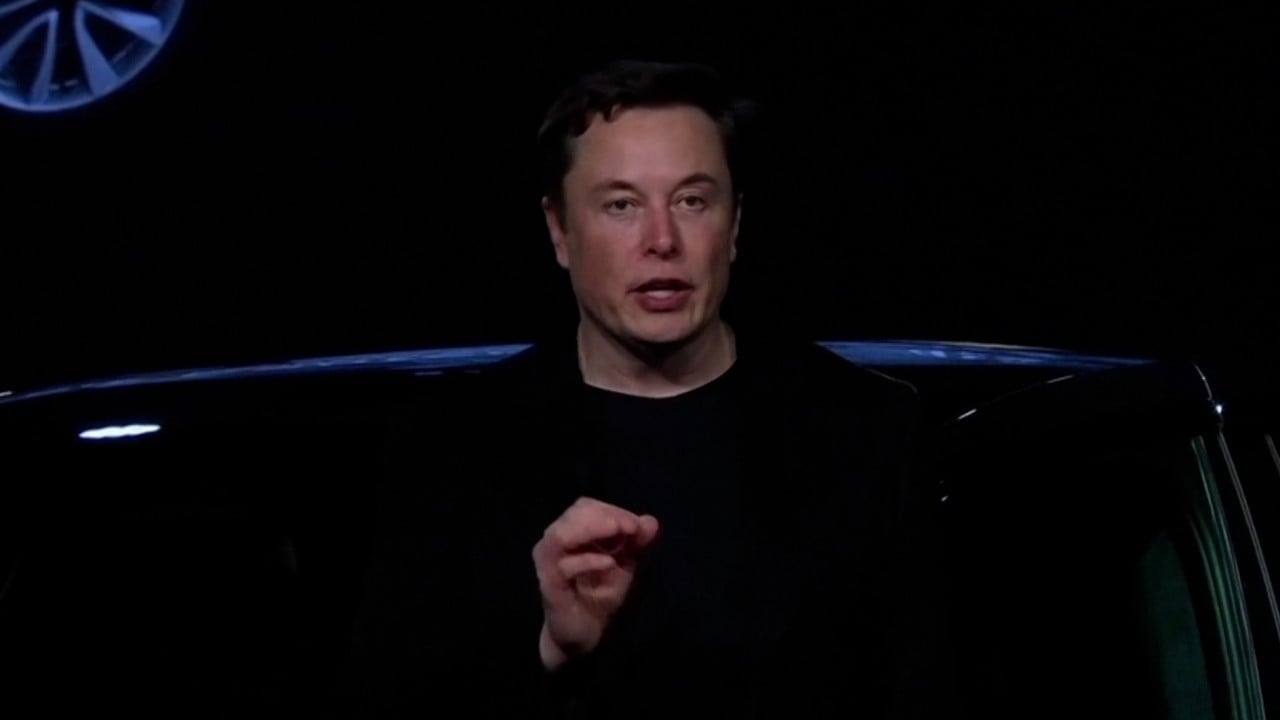
China’s biggest AI conference kicks off this week with Qualcomm as the sole US sponsor amid escalating tech rivalry
- Chinese tech giants, including sanctions-hit Huawei and SenseTime, are the main attraction at the three-day World Artificial Intelligence Conference in Shanghai
- Apple, Amazon, Microsoft and Tesla will all be at the conference, but the number of US sponsors has declined since 2019
According to the Shanghai government, the event has attracted more than 400 enterprises, at least 30 of which are developers of their own large language models (LLMs), the tech that drives products like ChatGPT.
Keep large language models ‘in a cage’ at first, says Chinese entrepreneur
Semiconductor companies have publicly fretted about Washington’s escalating restrictions on chip exports to China, but trepidation about sponsoring a Chinese AI conference suggests American firms are treading cautiously around what has become a geopolitical minefield.
The WAIC has been held annually in Shanghai since 2018, where tech firms have had the opportunity to mingle with Chinese officials. Former vice-premier Liu He was the opening speaker at the inaugural event five years ago.
The conference lists eight government departments as cosponsors: the Shanghai Municipal People’s Government, National Development and Reform Commission, Ministry of Industry and Information Technology, Ministry of Science and Technology, State Cyberspace Administration of China, Chinese Academy of Sciences, Chinese Academy of Engineering, and China Association for Science and Technology.
Amid a renewed AI arms race kick-started by the introduction of ChatGPT last November, Shanghai has sought to become central to China’s goals for the industry with an ambitious plan to attract tens of thousands of technology workers.


